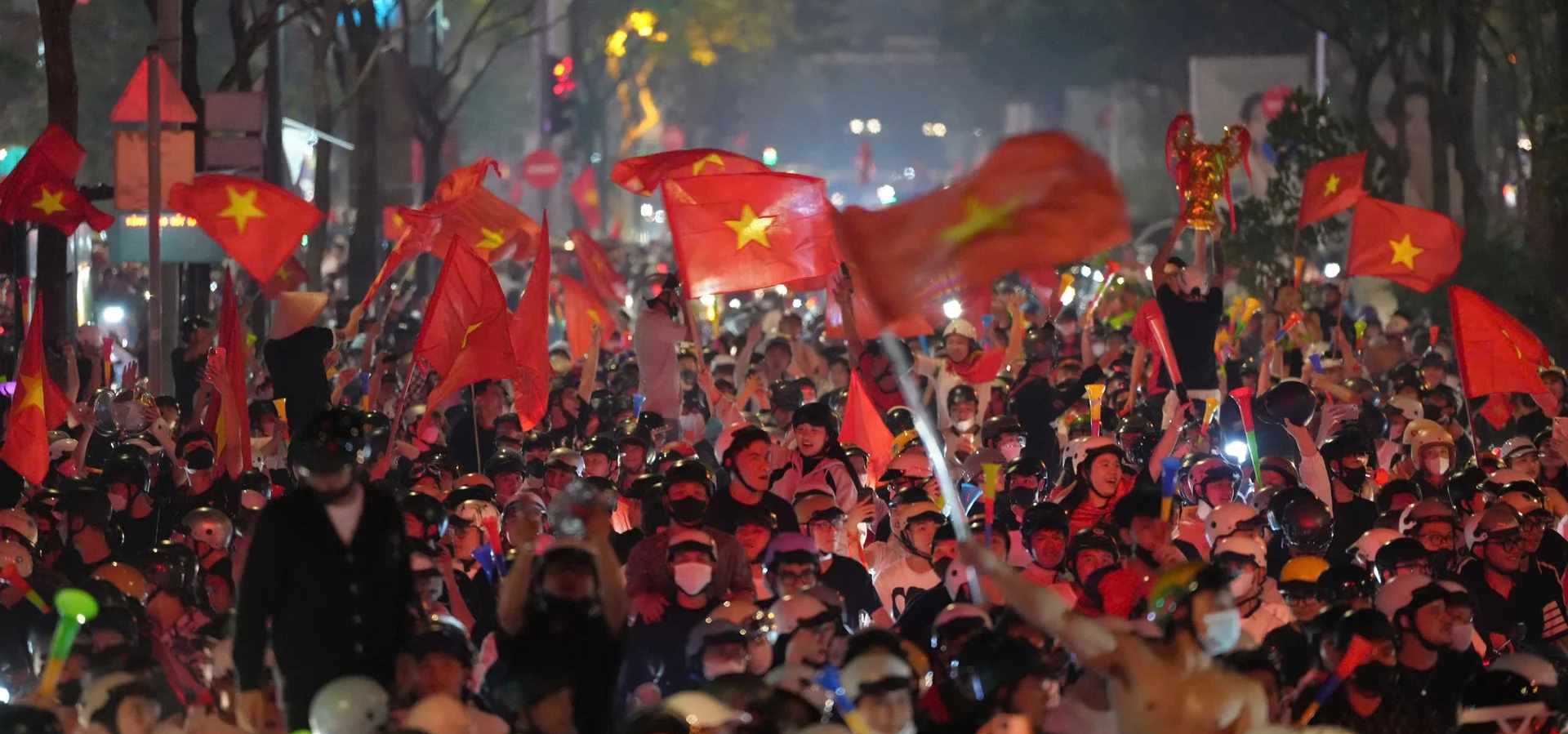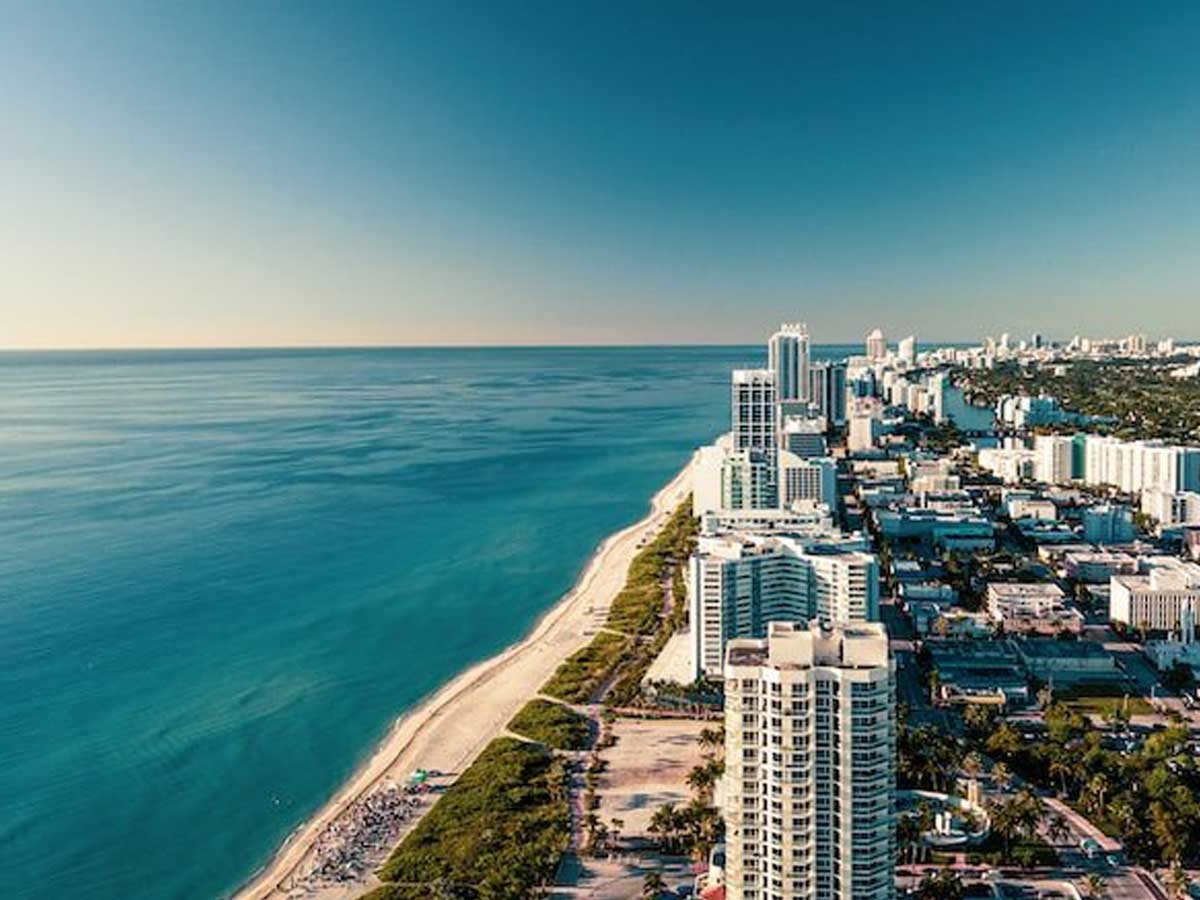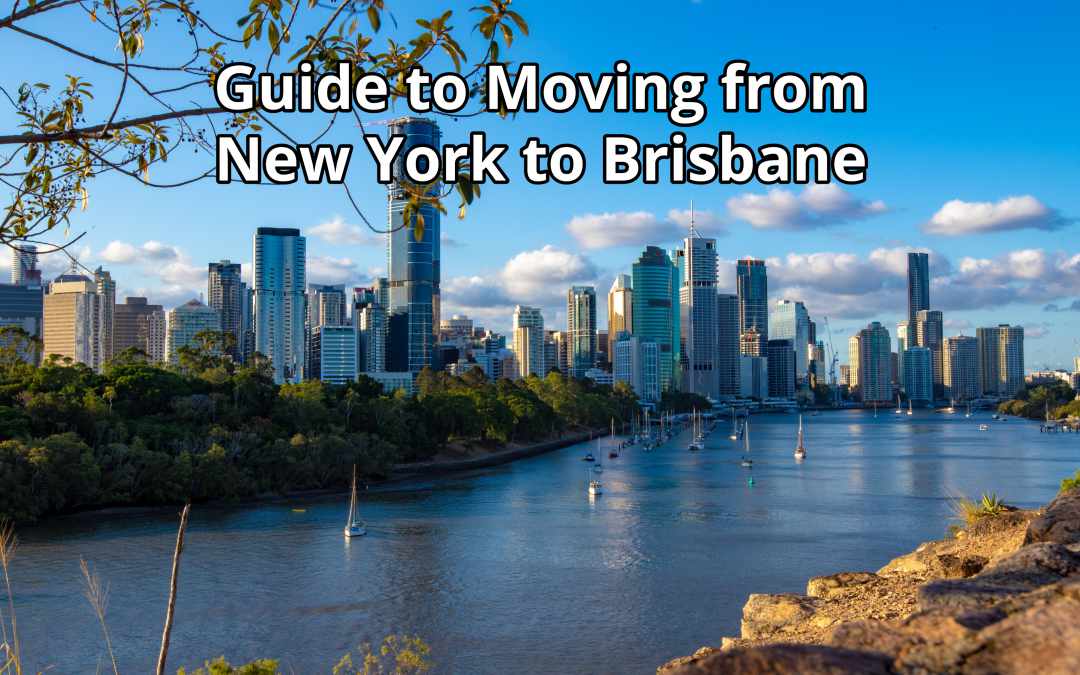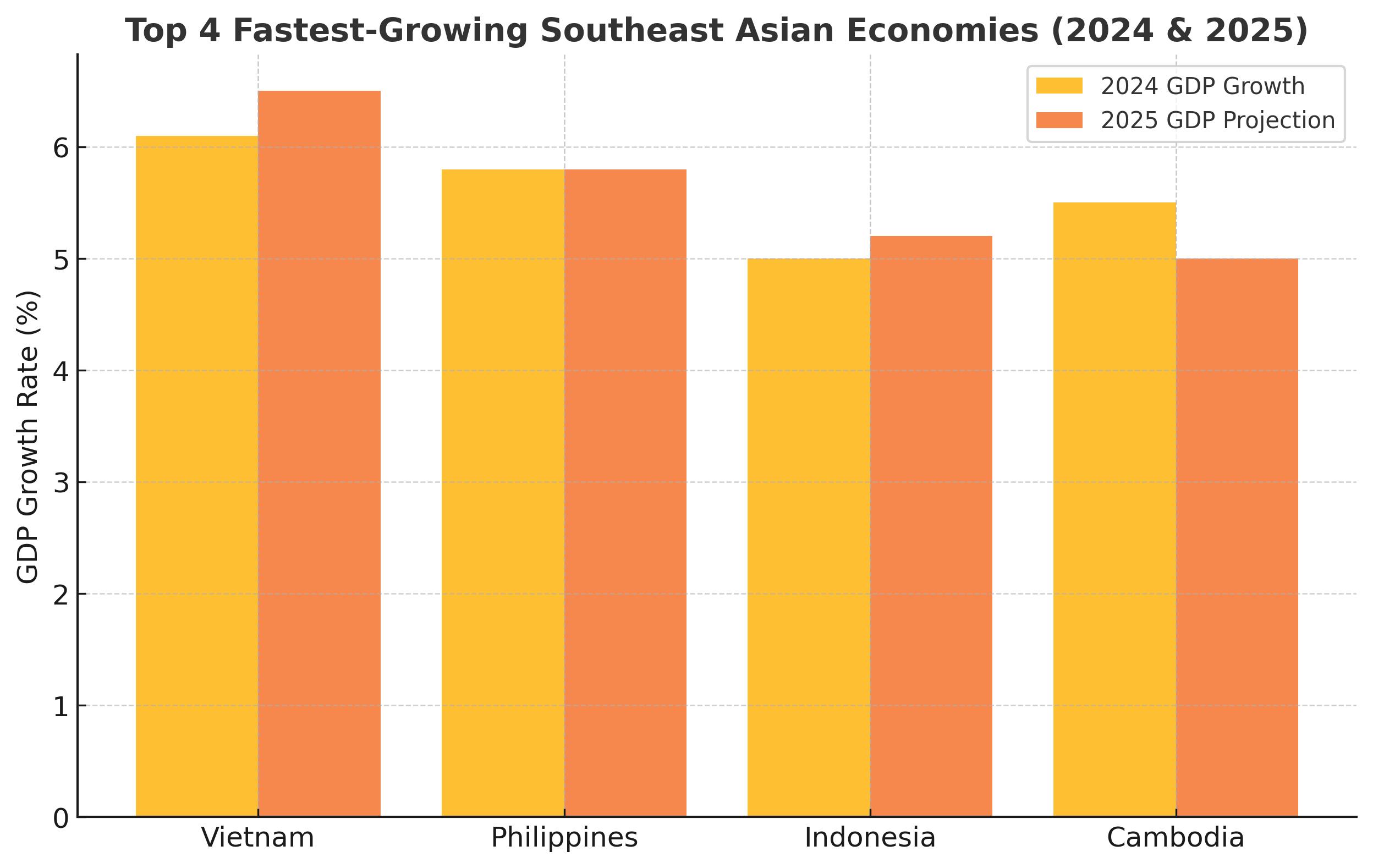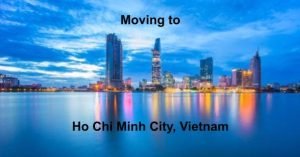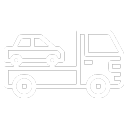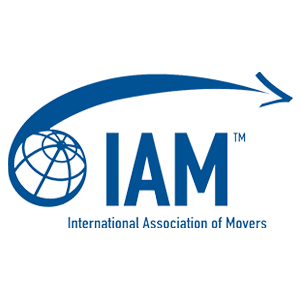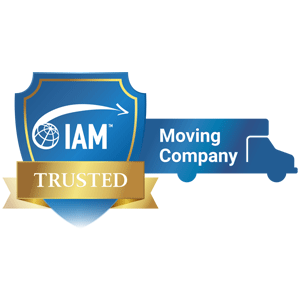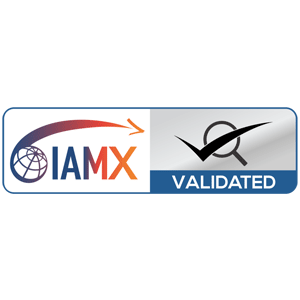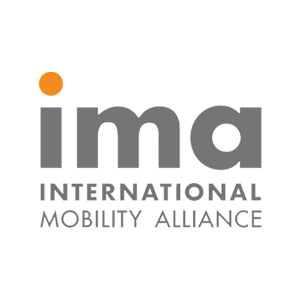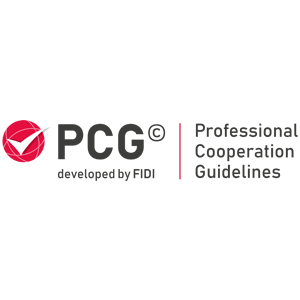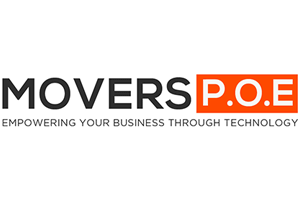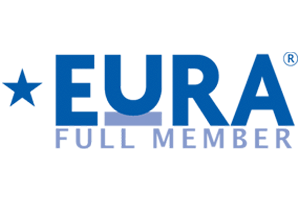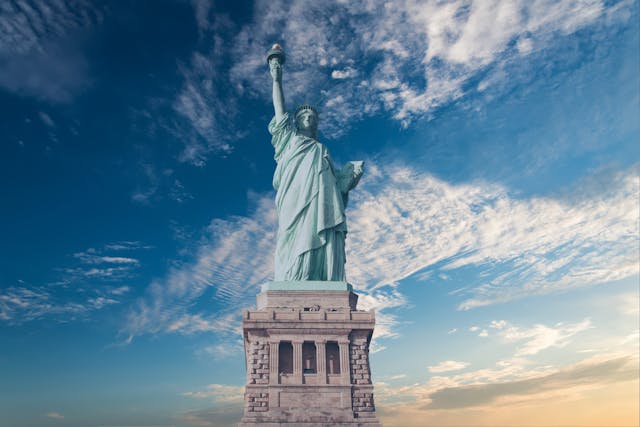
Moving from Vietnam to the US and
What You Need to Know
Moving from Vietnam to the US is a significant life event that requires careful planning and preparation. Whether you’re moving for work, studies, or to join a family, there are many things to consider. From the legalities of the immigration process to adjusting to a new culture, this guide will provide you with the essential information you need for a smooth transition.
Understanding the Immigration Process
The first thing to consider when moving from Vietnam to the US is the immigration process. You must secure the correct visa based on your reason for moving. For example, a work visa like the H-1B is necessary if you’re moving for work. If you’re moving to study, you will need a student visa. It’s important to consult the US embassy or consulate in Vietnam to understand the specific requirements for your situation.
The US Visa Process
Securing a visa is often one of the most complicated steps in moving to the US. There are various types of visas depending on the purpose of your stay. The process can take several months, and gathering all required documents is crucial. Working with a reputable immigration lawyer can help you avoid mistakes and ensure your application is processed smoothly.
Packing for Your Move
When preparing for an international move from Vietnam to the US, packing efficiently and securely is key to a smooth transition. One of the first steps is to get quality packing supplies—this ensures your belongings are well-protected throughout the journey. Choose a mix of small, medium, and large sturdy boxes to accommodate various items. Use packing paper and bubble wrap to cushion fragile pieces, and don’t forget heavy-duty packing tape to keep everything sealed and secure. High-quality packing materials help prevent damage during transit and make unpacking and organizing in your new home much easier.
Moving from Vietnam to the US: Preparing for Life in the US
Once you’ve secured your visa and packed your belongings, it’s time to prepare for life in the US. You should begin by researching the city or area you plan to move to. Understanding the cost of living, public transportation, healthcare options, and local amenities will help you adjust faster once you arrive.
Housing and Accommodation
Finding a place to live is another crucial aspect of your move. The housing market in the US can vary greatly depending on the city. Some cities, like New York or San Francisco, have high living costs, while others offer more affordable options. Consider initially renting an apartment or house until you become familiar with the area.
Healthcare System in the US
Healthcare in the US can be vastly different from what you’re used to in Vietnam. It’s important to understand how health insurance works and to have a plan for covering medical expenses. The US has private and public healthcare systems, but most people opt for private insurance. If you’re employed, your employer may offer health benefits, but it’s essential to understand your coverage options.
Cultural Differences and Adjusting to Life in the US
One of the most challenging aspects of moving from Vietnam to the US is adjusting to the cultural differences. While both countries share some similarities, there are also significant differences in social norms, traditions, and daily life. For example, individualism is highly valued in the US, and people tend to communicate more directly. In contrast, Vietnam’s culture places a greater emphasis on family and community. It may take time to adjust, but embracing these differences can lead to a fulfilling experience.
Cost of Living and Financial Considerations
The cost of living in the US varies greatly depending on where you live. Major cities tend to have higher living costs, while rural areas or smaller towns are more affordable. Before you move, it’s important to create a budget, factoring in housing, food, transportation, healthcare, and other expenses. Understanding how the financial system works in the US, including how to open a bank account and manage credit, will also be essential for your financial well-being.
Language Barrier
Another challenge when moving from Vietnam to the US is the language barrier. While many people in the US speak English, there are also communities where other languages, such as Spanish, are spoken. If English is not your first language, taking English language courses or practicing speaking as much as possible before moving is helpful. That will help you communicate effectively and feel more comfortable in your new environment.
Employment Opportunities in the US
If you’re moving to the US for work, you’ll want to research job opportunities in your field. Some industries, such as technology, healthcare, and finance, offer many job openings for skilled professionals. However, depending on your skills and experience, finding a job may take time. Networking, attending job fairs, and using job search websites can help you connect with potential employers.
Staying Connected with Family and Friends
One of the biggest emotional challenges of moving from Vietnam to the US is the distance from family and friends. Fortunately, technology has made it easier to stay in touch through video calls, social media, and messaging apps. Additionally, the US has many Vietnamese communities where you can meet people with similar experiences. Engaging with these communities can help you feel more at home and connected to your roots.
The Final Steps: Settling In
Once you arrive in the US, your next task is to settle into your new life. That includes finding essential services like grocery stores, banks, and medical providers. You’ll also need to learn about local laws and regulations. Understanding your new environment will help you feel more at ease as you adjust to life in the US.
Embracing a New Beginning
Moving from Vietnam to the US is a significant change, but it can be a rewarding experience with the right preparation. Understanding the immigration process, familiarizing yourself with cultural differences, and making the necessary logistical arrangements can ensure a smooth transition. Embrace the adventure, and remember that every challenge is an opportunity to learn and grow.


